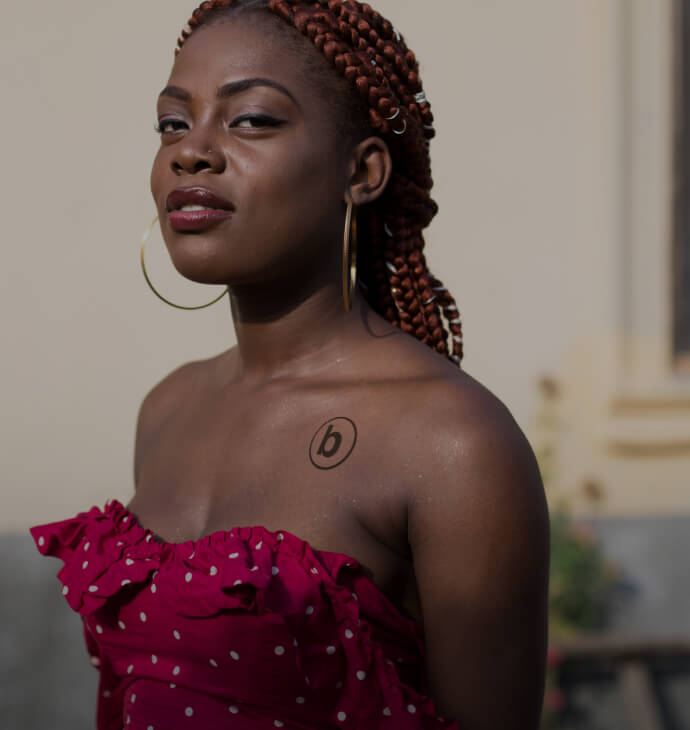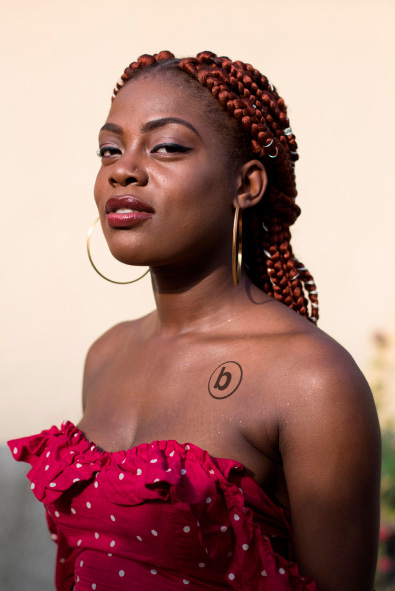In Ukraine, UNFPA supports the National Toll-Free Hotline on Prevention of Domestic Violence, Trafficking and Gender Discrimination, which has been operating with NGO La Strada Ukraine, since 1997 (national since 2017) and reports an increase in digital violence complaints from women under 30 seeking psychological and legal counselling during the pandemic. According to the hotline specialists, “Young women who sent nude photos to men in other countries, especially Türkiye, France and the United Arab Emirates, often call. The men are demanding money for not publishing these photos. Also, ex-partners tarnish the reputation of their ex-wife/partner by writing abusive things, accusations, and providing personal contacts often on social networks.”
Another UNFPA-supported hotline in Yemen, operated by partner Yemeni Women Union, provides psychological and legal support to women experiencing gender-based violence and has helped facilitate the punishment of perpetrators. As a legal counsellor said of one survivor, “The pressure was devastating mostly affecting her mental health, with online violence linked to depression and in some cases suicide.” Survivors are then referred to UNFPA-supported women and girls safe spaces that offer other services like vocational training and life skills.
As part of its gender-based violence prevention and response in Palestine, UNFPA shelters provide legal and psychosocial support. During the pandemic, partners have responded to the rise in cyberbullying cases by awareness interventions (radio spots, distributing information at schools and universities, and social media/SMS messages) and strengthening referral pathways and coordination with law enforcement and judicial systems.
Last year, in partnership with youth-led organization Junior Information Systems Security Association of the Philippines, UNFPA began work on Project ROSETTA (Real-time Online Sexual Exploitation and Trafficking Tracking and Alert System), which uses keyword-based technology that crawls suspected online trafficking platforms and sites to capture, organize and visualize data for evidence-based programming and policy advocacy. A ticketing system aids service providers in tracking cases. This year, in partnership with civil service and youth organizations and the Commission on Human Rights, UNFPA established an online support group to provide tailored interventions to young people who are survivors of online gender-based harassment and violence. It also provided grants and mentoring support in partnership with the Canadian Embassy to youth-led innovative solutions to address technology-facilitated gender-based violence.






